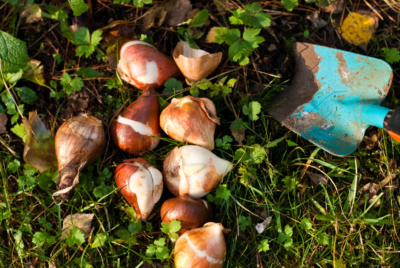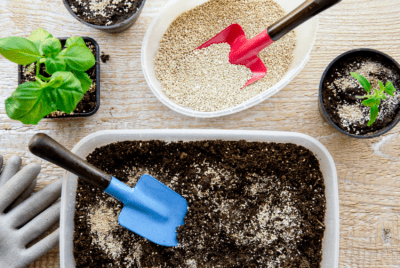RESEARCH
Application of Aromatherapy in Public Space in the Context of the COVID-19 Pandemic
Summary
This chapter explores the use of aromatherapy in public spaces, particularly during the COVID-19 pandemic, to improve mental health. Aromatherapy involves using the scents of plants to reduce stress, anxiety, and depression. It has a long history, originating in ancient cultures like Egypt, India, and China, where aromatic substances were used for healing. Today, aromatherapy is recognized for its ability to improve mood, reduce pain, and enhance memory. By incorporating aromatic plants into public spaces like parks and gardens, people can benefit from these therapeutic effects in their daily lives.
The paper discusses how aromatherapy can be applied in different settings, such as rehabilitation gardens, nursing homes, and gardens for the visually impaired. For example, in nursing homes, plants like lavender and cypress are used to help the elderly manage pain and improve sleep quality. In blind gardens, aromatic plants like rosemary and mint are used to enhance sensory experiences for the visually impaired. The study highlights the importance of selecting plants based on their therapeutic effects and ensuring that they are accessible to people in their daily environments. This approach can help mitigate the psychological impacts of the pandemic and promote overall well-being.







